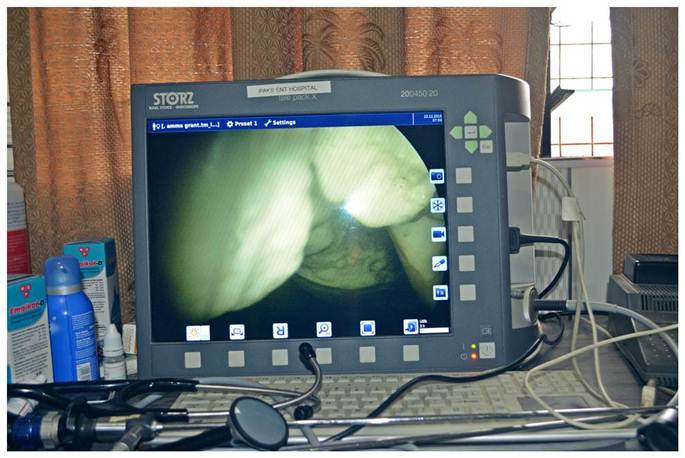
Kickstarting the brain’s natural ability to adjust to new circumstances, or neuroplasticity, improves how effectively a cochlear implant can restore hearing loss, a new study in deaf rats shows. The investigation, researchers say, may help explain the extreme variation in hearing improvements experienced by implant recipients.